About Us
Advertise With Us
RSS Feed | Content Syndication
Terms & Conditions
Privacy Policy
Contact Us
BollywoodShaadis.com © 2026, Red Hot Web Gems (I) Pvt Ltd, All Rights Reserved.
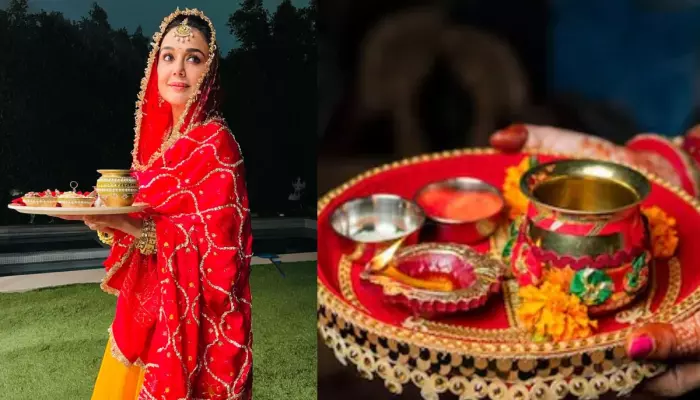
Our country, India, is known for its rich and varied culture. Be it Navratri, Diwali, Ganesh Puja, Gudi Padwa, Dhanteras, or Karwa Chauth, each of the festivals is celebrated with much pomp and show. As Navratri has ended, now it's time for Karwa Chauth, which is a festival of love and compassion. For the uninitiated, Karwa Chauth is celebrated by the married women of our country for the longevity of their husbands' lives, as well as for the happiness of their marital lives. The festival is celebrated on the Chaturthi after the full moon in the month of Kartik.
Initially, the festival of love, Karwa Chauth began in the northwestern region of India, and now it's being celebrated all over our country by married women, Punjabis, Hindus, and Sikhs, among others. In these days, when everything screams 'equality' between men and women, not only women but also married men keep a fast on Karwa Chauth, and it's a symbol of mutual love and compassion. Well, as Karwa Chauth is about to take place within a few days, we will today learn about its significance, why and how it's celebrated, and the stories behind this festival of suhagans.
Talking about the significance of Karwa Chauth, the term itself carries an inner meaning. The word Karwa means clay pot, and Chauth is Chaturthi. So, the literal meaning of Karwa Chauth is to offer the arghya in a clay pot on the chaturthi of the Kartik month. The festival is celebrated among married women for the happiness and prosperity in their husbands' lives, along with their safety and their long lives. Hindu married women celebrate this festival with much pomp and show, and we often get a glimpse of the same in Bollywood movies as well.
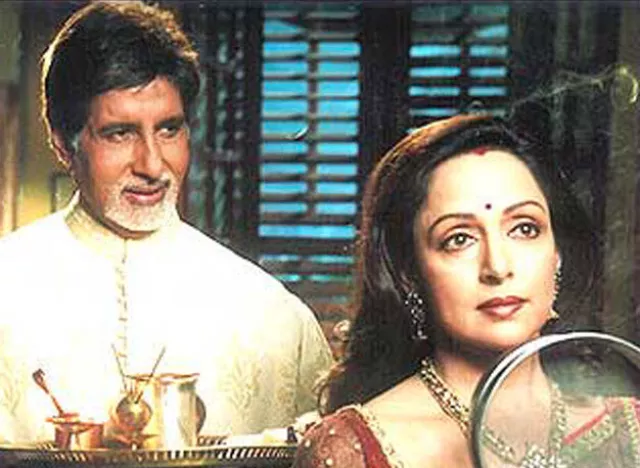
Talking about how Karwa Chauth is celebrated, the married Hindu women wake up early, get all cleaned up, and eat sargi before sunrise. Sargi is a pre-dawn meal, that the Hindu married women have before they keep the Karwa Chauth fast. In the Punjabi culture, the sargi is often offered to the bahu by her mother-in-law. Well, after having the sargi, the married women keep a nirjala fast from sunrise to the moonrise.
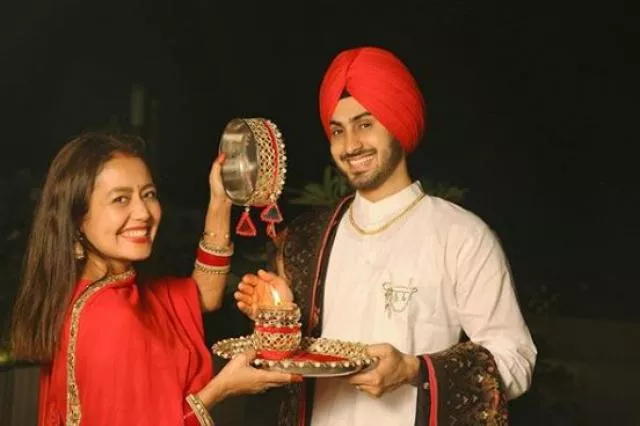
After moonrise, the married Hindu women, being all decked up in traditional attires, break the fast. They use a round-shaped sieve, and through it, they first see the moon and offer her arghya. Later, they use the same sieve to look at their husbands' faces adorably, and the gentlemen help their ladyloves to break their fast. Some even opt for mehendi on this special day, as it is a sign of good luck, prosperity, and obviously love.
Continue reading below
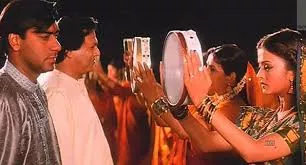
While Karwa Chauth is a much-celebrated festival in India, there are several stories behind the same from mythology. As per the tales, there was a woman named Karwa, who gained spiritual power through her deep love and devotion toward her husband. As per the story, when Karwa went to take a shower with her husband in a river, a crocodile attacked him, for which he lost his life.
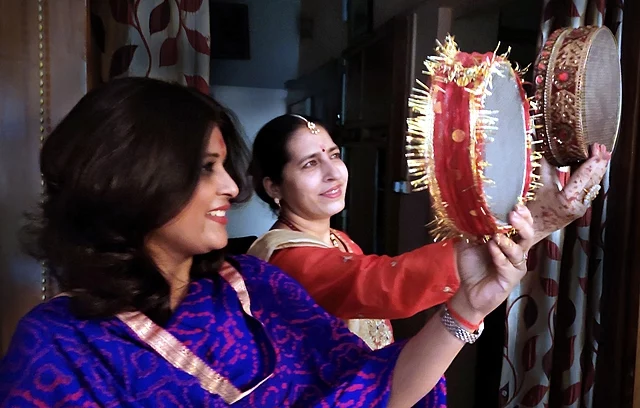
Karwa, being a loving wife, bound the crocodile with cotton yarn and asked Yama to give back her husband's life in exchange for the crocodile's life. When Yama didn't agree, Karwa threatened to destroy Yamdev. Later, Yama agreed with it and gave Karwa back her husband's life. Even today, this story is being told during Karwa Chauth, and married women pray to the Karwa goddess for their husbands' lives.
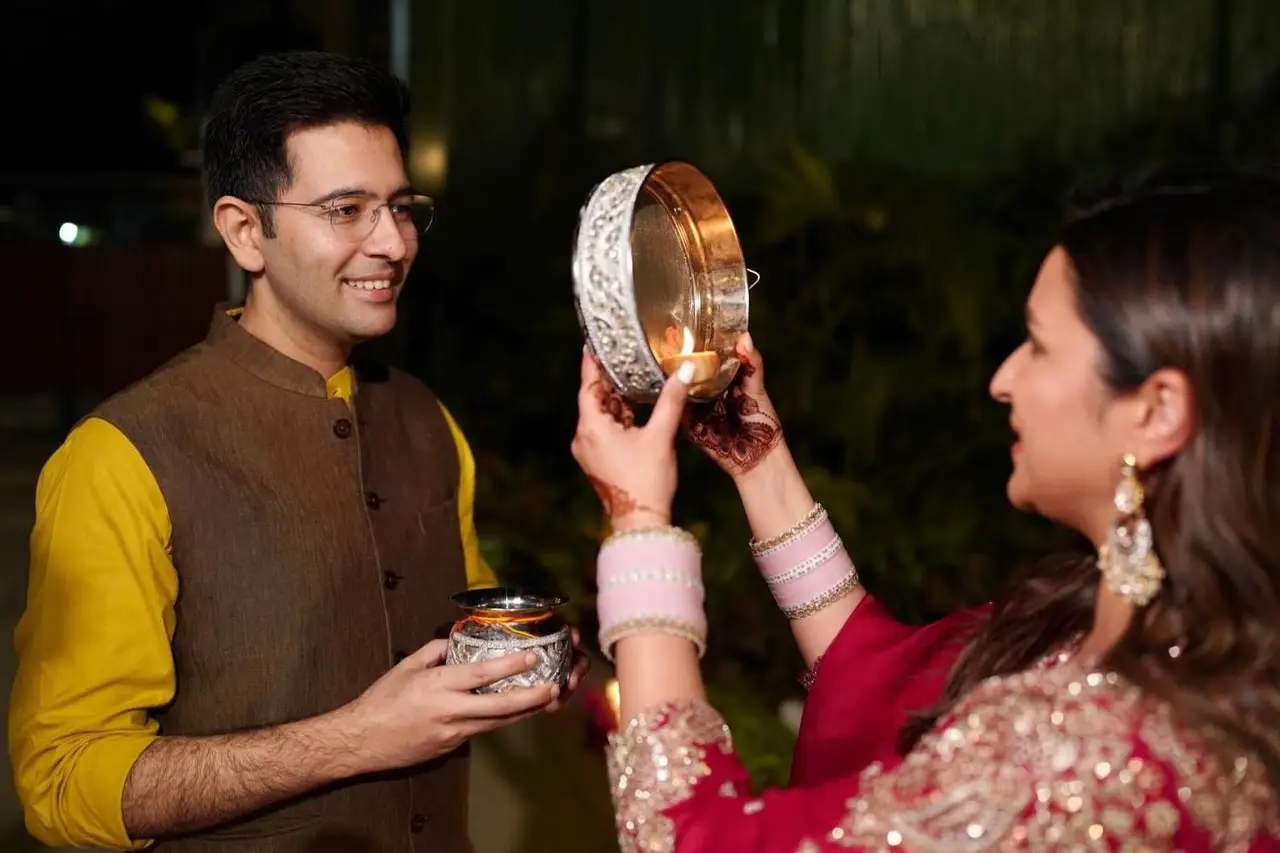
Apart from that, several anecdotes are there about Karva Chauth such as Katha of Queen Veervati, a tale from Mahabharata about Draupadi and Pandava, and the story of Satyavan and Savitri. Some of these stories are often heard by married Hindu women who keep fast for their husbands.
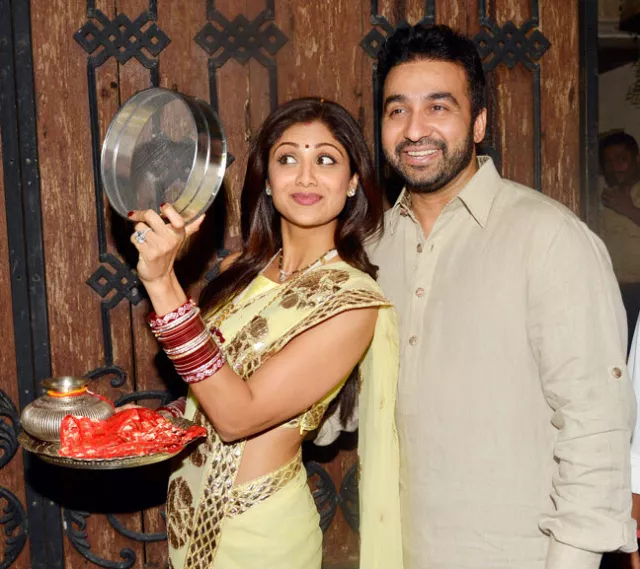
As per its historical significance, Karwa Chauth began in the northwestern region, wherein military regimes and campaigns were established to protect us during the Mughal invasions. However, these armed forces, policemen, soldiers, and military personnel's wives decided to gather together and pray to god for their husbands' lives by keeping fasts.
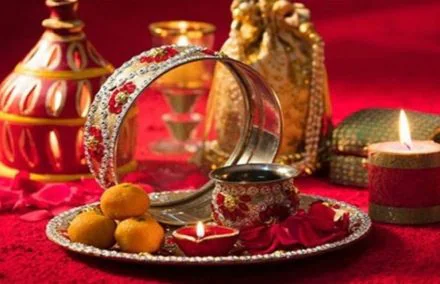
Talking about another historical significance of Karwa Chauth, it was said that in the early days, girls used to get married at a young age. They would have to leave their family members and come to a new home, wherein she would take care of her in-laws and husbands, along with the household work, and they would have none to bear their hearts out. Thus, it was decided that the married women would gather together for Karwa Chauth, and this is how the festival started getting celebrated in a grand manner. Well, the married women of the same village would talk to each other on the day and share hearty laughter and fun moments, and they used to call each other's God sisters.
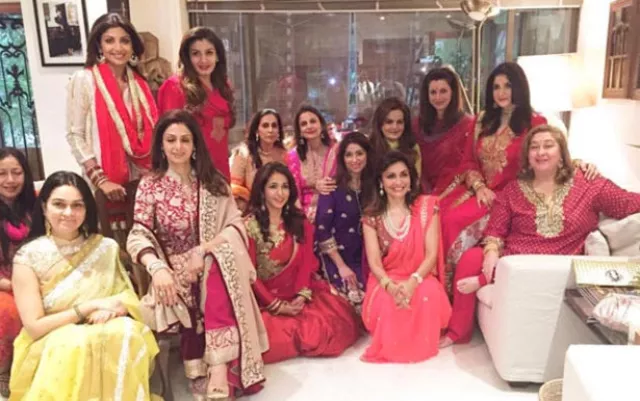
Well, the festival of suhagans is knocking on the door, and we cannot wait for the glimpses of the B-town dulhans. What about you?
Also Read: Jam Saheb Ajay Jadeja Hails From Nawanagar Royal Family: Here's Everything About The Family History
